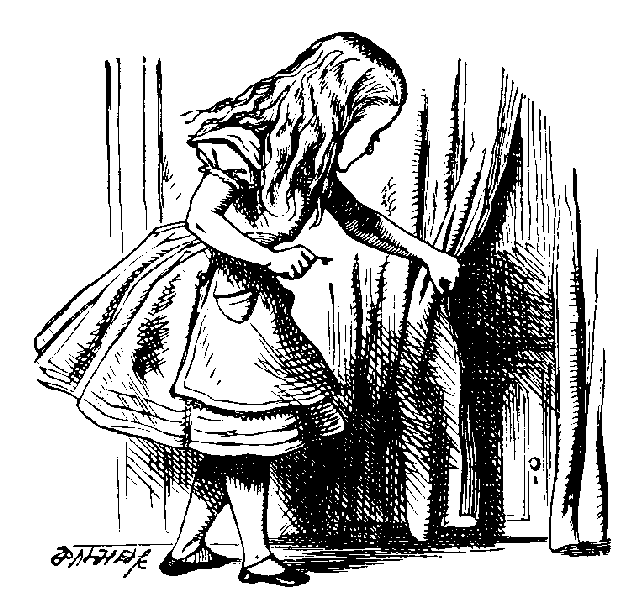
Not all the houses are improvised from bamboo and corn stooks. As I wandered around the village with Jot I saw houses with solid walls and iron roofs. His uncle's house was very European looking. The uncle works in Hong Kong and only returns for Christmas and family occasions.
At the bottom of the hill Aasah's sister and her husband sat on some chairs cut from large round tree trunks. They owned the shop through a door beside the chairs and a few rough tables. All kinds of necessities are crowded in the little room. Beside the soap and toothpaste sat bottles of beer and sachets of tobacco. Shirts and fireworks festooned the ceiling and a tattered calendar featured a couple of perfectly groomed Thai soapie stars.
The sister only speaks Akah so even my lame Thai could not pierce the language barrier. Dang, Jot's father, spent our visit teaching us as much Akah as we could absorb. Akah sounds more like English than Thai does and we picked up more Akah in a few days than we did Thai in a month. I delighted in the almost onamatopoeic sapee for chilli and could not help but learn la bo for tea and adooh for corn. Respect for elders is reinforced by language. Jot called his elder brother pi chai, meaning elder brother. He never called him by name and I only found out his name was Sarit much later.
After Jot had finished greeting his aunt and uncle and I had smiled until I felt stupid we passed on up a lane to the main road. Over the main road was Jot's Hong Kong uncle's house. Next to it was a block that had been partly levelled. Two concrete water tanks sat to the back of the levelled area and the front fell away to the road. Jot explained to me that he had funded one of the tanks and that World Vision had helped pay for the other one. His parents were hoping to build and move into a new house on the block early in the new year. I wondered how they could afford it as they seemed to live just above subsistence level. Jot said that Sarit, Jot and Jot's elder sisters would contribute to the new home and that the present house would become the children's house whenever they were in the village.
Aahsah had already been busy preparing the land above and below the cleared area. She had terraced some of it and planted what appeared to be legumes. Perhaps they were to sweeten the soil or perhaps they were peanuts as her favourite garnish for rice was freshly roasted peanuts. Although her children were keen to install gas and an inside kitchen Aasah has insisted on fire for her wok and a kitchen separate from the main house.
Although the view from the block stopped my Australian plains' breath with its mountains heaped high on top of each other, the house would have no windows or even a verandah to muse upon. Instead an area for a fire and traditional outside feasting would occupy a proportion of the block. They will look out over the small Thai or Buddhist section of the village and be on the same level as the Muslim section further along the road.










